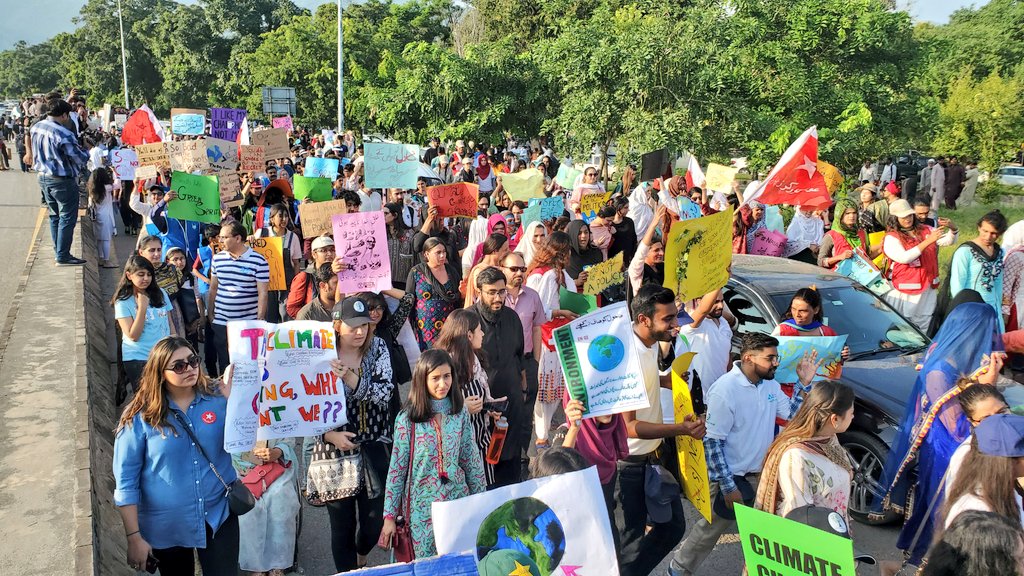Each year the International Day of Peace is observed around the world on 21 September. The General Assembly has declared this as a day devoted to strengthening the ideals of peace, both within and among all nations and peoples.
The United Nations Member States adopted the 17 Sustainable Development Goals in 2015 because they understood that it would not be possible to build a peaceful world if steps were not taken to achieve economic and social development for all people everywhere, and ensure that their rights were protected. The Sustainable Goals cover a broad range of issues, including poverty, hunger, health, education, climate change, gender equality, water, sanitation, energy, environment and social justice.
Peace is defined as an incidence of harmony characterized by lack of violence, conflict behaviours and the freedom from fear of violence. Frequently understood as the absence of aggression and retribution, peace also suggests sincere attempts of resolution. Understanding on the characteristics, peacefulness is always perceived as an internal sense of tranquil that comes from being still in order to reflect and meditate on the inner insight. Thus, it is said that a peaceful heart is one that is free from qualms and difficulties.
This year’s theme is “Climate action for peace”, the theme draws attention to the importance of combating climate change as a way to protect and promote peace throughout the world. Climate change causes clear threats to international peace and security. Natural disasters displace three times as many people as conflicts, forcing millions to leave their homes and seek safety elsewhere. The salinization of water and crops is endangering food security, and the impact on public health is escalating. The growing tensions over resources and mass movements of people are affecting every country on every continent.
Peace can only be achieved if concrete action is taken to combat climate change. Speaking to young Māoris and people of the Pacific islands in New Zealand in May, UN Secretary-General António Guterres said “nature does not negotiate” and emphasized four key measures that Governments should prioritize in order to reach carbon neutrality by 2050: tax pollution, not people; stop subsidizing fossil fuels; stop building new coal plants by 2020; focus on a green economy, not a grey economy.



